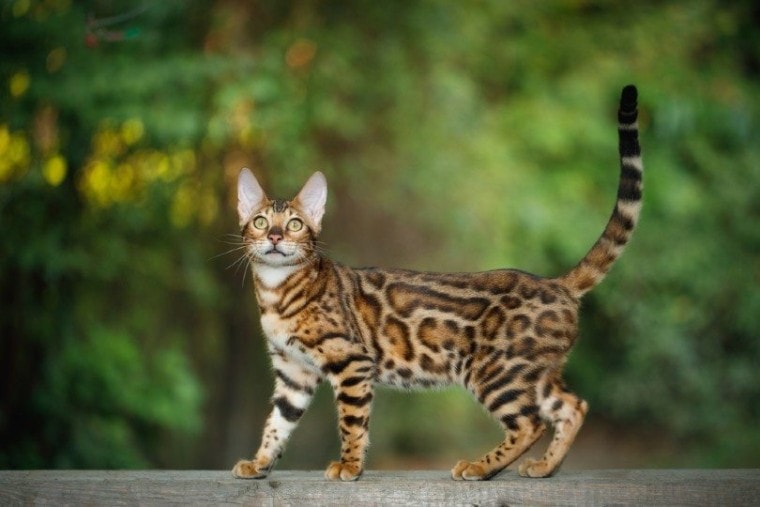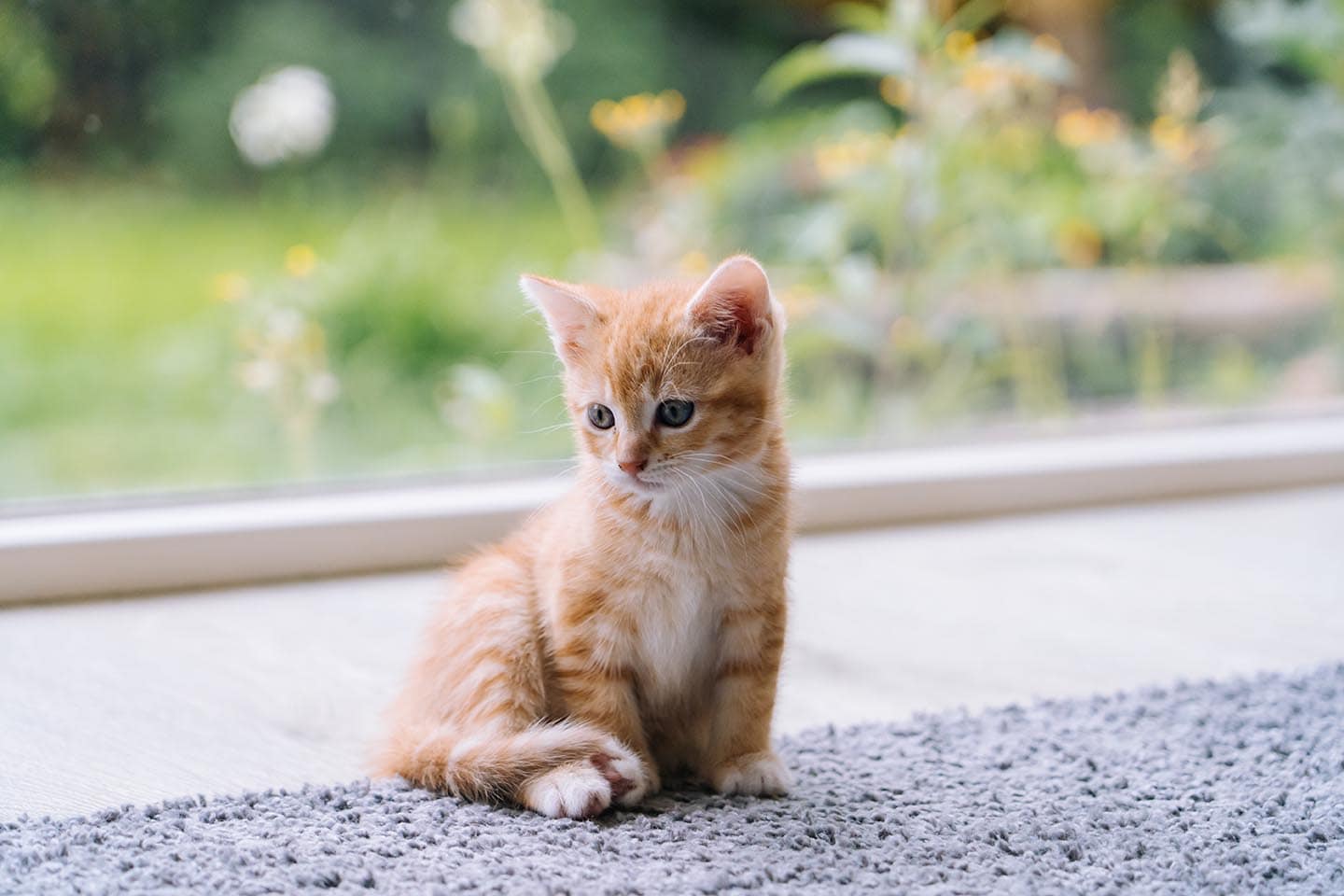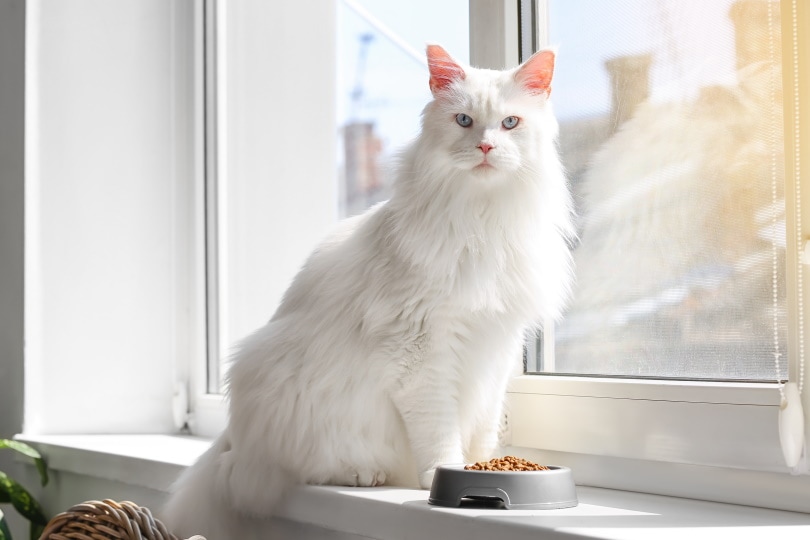
Cats are mystifying animals. They are tiny and adorable as kittens, but suddenly, they become stout adults that seem to need little support from their human counterparts. Kittenhood does not last that long, and many owners report that kittenhood goes by much faster than they anticipated. So, at what age will a cat stop growing? The short answer is at about 18 months of age.
However, this time range can vary depending on the species and environment. A few different factors can affect the development of a cat. Just because a kitten gets big does not mean they are an adult, and if they stay small, that doesn’t mean they are not fully grown. It’s a good idea to watch for various signs that your cat is fully grown rather than relying solely on age.
While veterinarians can help you determine the age of your pet cat, there are multiple other ways for you to find out when your cat will reach their full size.
Know What to Expect at Each Stage

Each stage of life tends to bring about specific actions and behaviors. Understanding these is an excellent way to determine what stage of growth your pet cat is experiencing.
Signs That Your Cat Has Reached Maturity

Once your cat reaches maturity and stops growing, you can expect them to maintain a regular daily regimen. You should understand when your pet wants to nap, go outside, eat, play with toys, and cuddle, depending on what time of day it is. Of course, there are always exceptions to this rule—cats aren’t robots, after all.
The biggest sign that your cat has stopped growing and has reached maturity is no change in their measurements. Consider measuring your cat’s height, length, and weight each week from the time that they are a kitten. When you notice that there is very little or no change in your cat’s stats for at least a month, chances are that your kitty is done growing.
Final Comments
The only way to really be sure your cat has stopped growing is to wait until they simply don’t grow anymore. After a few months of being the same size, chances are that your kitty has stopped growing. Depending on the breed, type of food offered, and health conditions, adult cats can be small and slender or large and robust.
Featured Image Credit: Seregraff, Shutterstock






